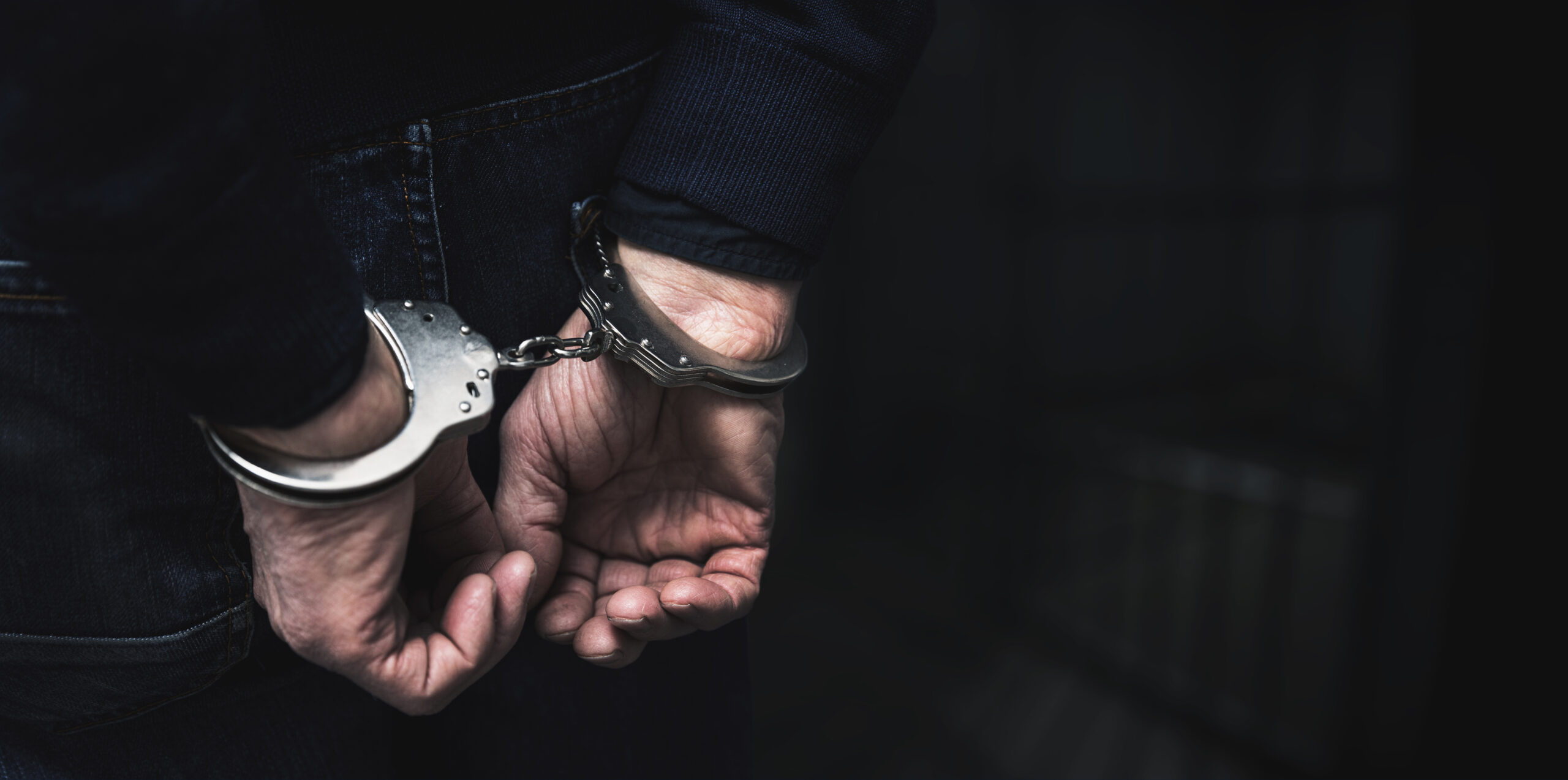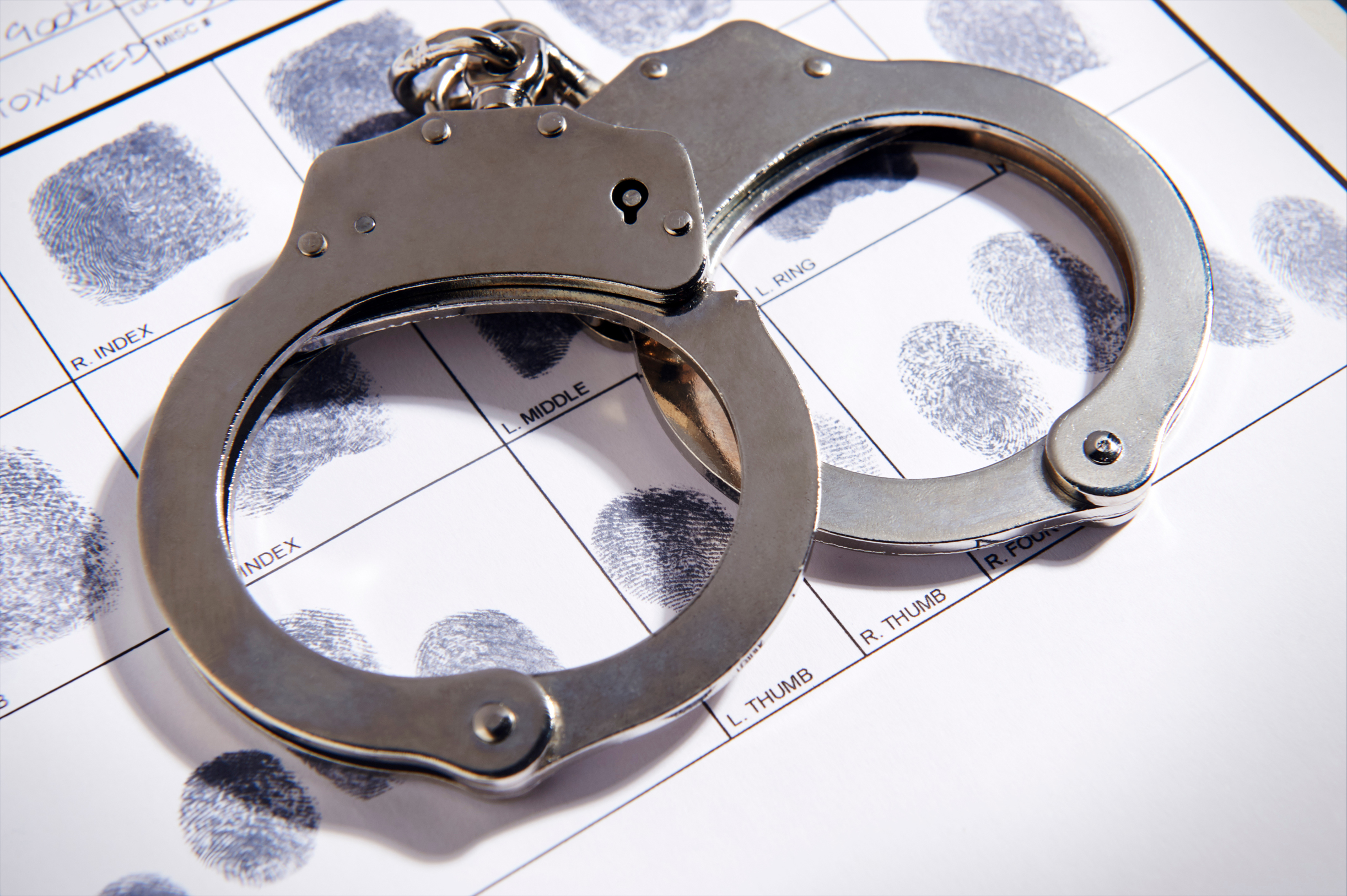In Pennsylvania, the juvenile justice system focuses on rehabilitation rather than punishment. Most children who commit “delinquent acts” face probation, which includes court-ordered terms or conditions like staying in school, attending counseling, or performing community service.
If your child has been charged with a crime, a juvenile criminal defense lawyer can help. At the McKenzie Law Firm, P.C., our legal team can discuss the common punishments given to juvenile offenders in Pennsylvania, so you understand what to expect. We will build a strong defense and fight for the best possible outcome in your child’s case. Call us at 610-680-7842 today for a free consultation.
What Is the Juvenile Justice System Like in Pennsylvania?
In Pennsylvania, the juvenile justice system is separate from the adult system. The rules and procedures of this system focus on correcting negative behavior. A child who breaks the law commits a “delinquent act” rather than a crime. Teens who commit a delinquent act will not face a jury trial and cannot be placed in an adult jail.
Although juveniles do commit serious crimes in Pennsylvania, the majority of juvenile crimes are misdemeanors. Some common juvenile offenses include:
- Shoplifting;
- Disorderly conduct;
- Simple possession of drugs;
- Underage drinking;
- Disorderly conduct;
- Vandalism; and
- Trespassing.
What Are Some Possible Punishments for a Juvenile Offender?
The juvenile court system has broad discretion regarding the appropriate punishment for an underage offender. Because the system focuses on the needs of the individual child, the punishments vary. The judge will make a decision that depends on:
- The child’s needs;
- The nature and seriousness of the offense;
- Any previous offenses; and
- The potential risks to other people or property.
In some instances, teens who commit violent crimes, such as murder or rape, are tried as adults. In this situation, a teen would have the same legal rights as an adult and would face the same punishments, including possible jail time. If you believe your child might be tried as an adult, contact a member of our criminal defense team as soon as possible.
What Happens If a Judge Orders Juvenile Probation?
If the judge sentences a child to probation, they can remain at home, but they must abide by certain court-ordered requirements. The juvenile justice system focuses on correcting delinquent behavior and keeping juveniles out of the adult court system when they are older. For this reason, the judge will consider the best interests of the child before issuing penalties.
Some possible penalties might include:
- Abiding by a curfew;
- Undergoing alcohol or drug treatment;
- Attending counseling;
- Paying restitution to victims;
- Paying court fees; and
- Restricting personal associations.
For teens who comply with the provisions of their probation, deferred adjudication is sometimes an option. In certain situations, the judge may drop the charges after a teen has completed all the court’s requirements.
What If a Judge Orders Juvenile Detention?
Depending on the seriousness of the offense and the needs of the child, a judge might decide that residential placement is the best option. If so, the judge could place the child in a detention center, boot camp, or residential treatment center.
The time a child stays in a detention center depends on multiple factors, including whether or not their behavior has improved. When a child’s time in placement ends, they will be on probation with aftercare services for a period of time.
How Will Juvenile Charges Affect My Child’s Future?
Some may think that juvenile charges are not serious, but a record of delinquency can create roadblocks for your child’s future. Depending on the offense, your child could lose the right to:
- Drive;
- Work in certain fields;
- Join the military;
- Own a gun; or
- Obtain government benefits.
In certain situations, a child may have to register as a sex offender. This can be devastating for a child’s future.
If the court tries a child as an adult, they could have a felony criminal record that follows them for life and prevents them from getting a good job. Most parents want their children to be responsible for their mistakes, but not at the cost of their freedom or future ambitions.
How Can I Talk to a Juvenile Criminal Defense Lawyer in PA?
If your child is facing charges, you probably have many questions about the best steps to take to protect your child. Seeking the advice of a qualified juvenile criminal defense lawyer is a good idea. At the McKenzie Law Firm, P.C., our job is to protect your child’s rights and fight for the best possible outcome.
Juvenile criminal defense lawyer David C. McKenzie III understands the Pennsylvania juvenile justice system. He has years of experience handling these cases. He can evaluate the evidence and determine the best options of defense for your child.
Contact us today at 610-680-7842 for a free case evaluation.



